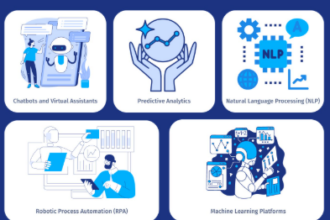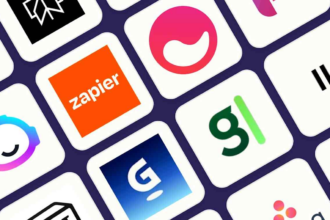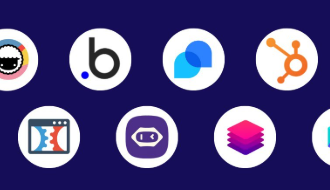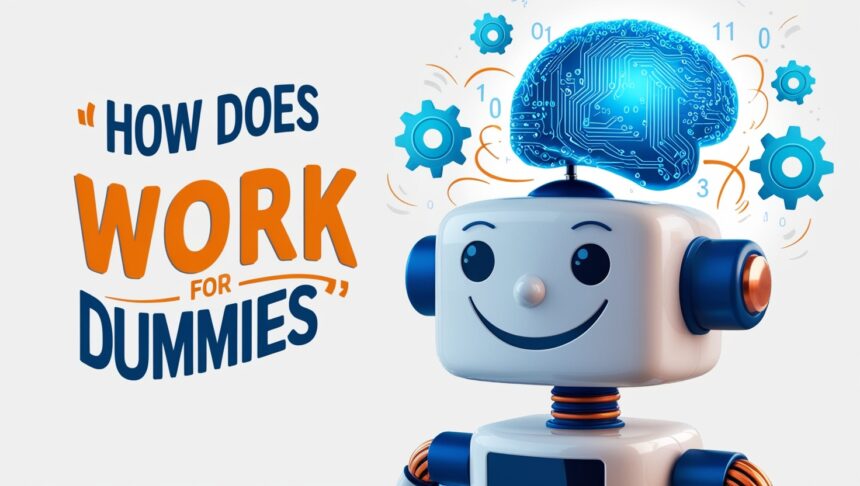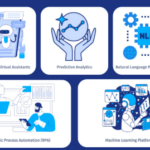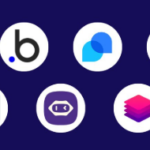In this post, I will discuss the How Does AI Work for Dummies, everyday language. Whether you rarely touch tech or simply wonder what all the buzz is about, this tour walks you through the ideas step by step.
Well cover how machines learn, spot them in daily apps, and leave out the heavy jargon so you can read it over coffee.
What is AI?
Artificial Intelligence, or AI, is just a fancy way of saying that computers try to act like people. With AI, machines can learn from what they do, roll with fresh data, and tackle jobs-think solving puzzles, making choices, or understanding spoken words-that normally need a human brain.

This tech already runs in everyday gadgets, powering voice helpers such as Siri and the recommendation lists that pop up on Netflix when a movie night rolls around.
Unlike the old, one-size program, a good AI gets smarter the more you use it; it studies the data it collects, spots trends, and slowly sharpens its skills.
How Does AI Work for Dummies
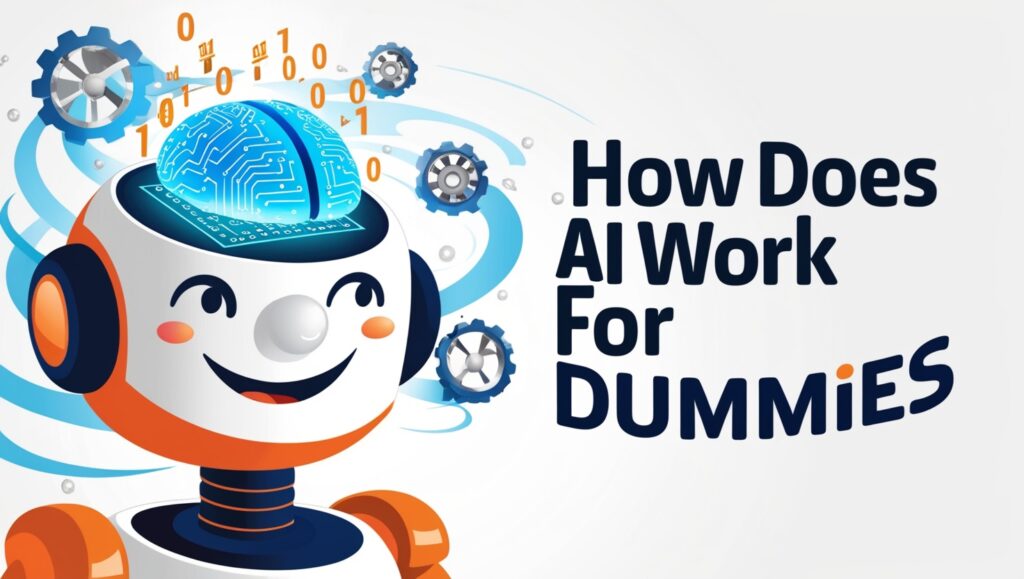
AI Learns from Data
To understand anything, AI first studies huge piles of examples, whether photos, words, or numbers.
Uses Algorithms
An algorithm is a short recipe of rules that tells the system how to sort, compare, and decide.
Trains Like a Student
During training, it repeats many exercises until its answers look reliable, much like a student.
Improves Over Time
The more new examples it digs into, the sharper its guesses become thanks to ongoing machine learning.
Acts on What It Learns
After practice, AI can translate languages, recommend playlists, filter spam, or tag your vacation pics.
Is AI Worth for Dummies?
Clearer Tech Vision
When you grasp AI, even a little, day-to-day tools-from Google Search to Siri-make more sense.
Future-Proof Skills
Because AI is reshaping nearly every job, those basics give you an early edge in whatever work comes next.
Smarter Choices
Knowing the gist of AI helps you weigh privacy, security, and purchase decisions with clearer eyes.
Beating Misinformation
The more you know, the easier it is to spot hype or fear headlines and steer around them.
Daily-User Power
Simple know-how lets you use AI tools wisely, recognize machine-made content, and feel in control.
Common Applications of AI
Voice Assistants: Digital helpers such as Siri, Alexa, and Hey Google rely on AI so they can hear a request and reply to it.
Recommendation Systems: Streaming sites like Netflix, YouTube, and shopping hubs like Amazon study what you watch or buy, then let AI draft a fresh list of ideas just for you.
Chatbots: Many company websites now install friendly AI chatbots that answer questions in seconds and stand by day and night.
Self-Driving Cars: Car-mounted sensors and smart software work together, letting AI spot pedestrians, obey red lights, and steer the wheel on its own.
Facial Recognition: Airports, locked phones, and office cameras compare live faces against stored images to grant access or raise an alert.
Healthcare Diagnosis: From X-rays to heart scans, AI scans every pixel, flags signs of trouble early, and even offers treatment hints for doctors.
Email Spam Filters: Patterns in past junk mail teach an algorithm to shove scams and phishing notes into the trash before you ever see them.
Language Translation: Remote calls or foreign websites become easy when tools like Google Translate swap words, sentences, or speech between tongues in a heartbeat.
Risk & Limitations of AI
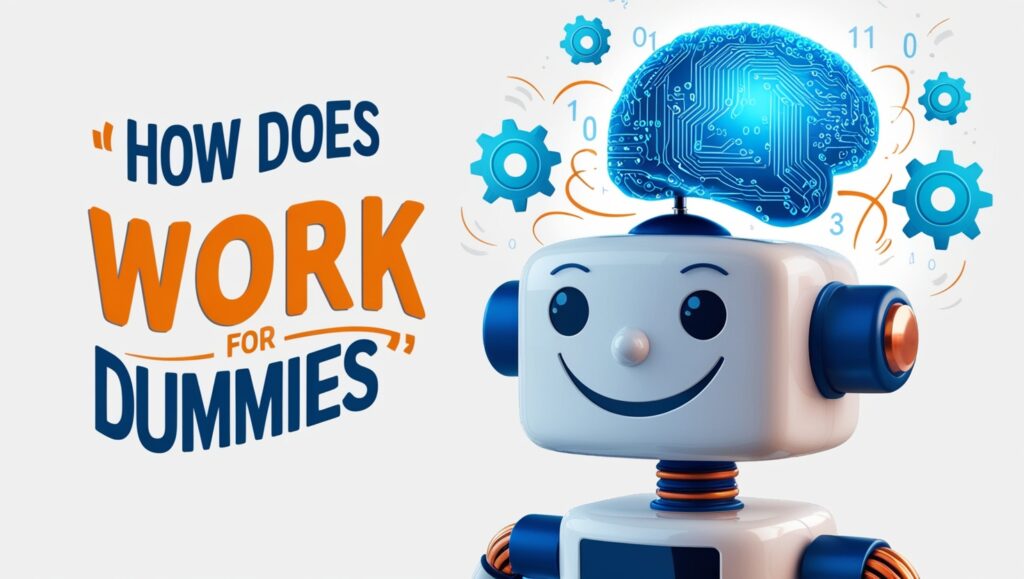
Bias in Decision-Making
Because AI learns from old data, it can pick up hidden biases and give fake credit, unfair job offers, or lopsided loan approvals.
Lack of Human Understanding
An algorithm has no common sense or heart. When a task calls for empathy, its guess may land far off the mark.
Job Displacement
Robots and smart software can handle boring, repeat work. As they move in, some low-skill positions vanish, widening the income gap.
Privacy Concerns
AI loves data, and that thirst lets firms collect, comb through, and store huge piles of personal details that hackers or careless insiders can mis-use.
Security Risks
Deepfakes, swarming drones, or hacked power grids all run on clever code. In the wrong hands, such tools turn good tech into serious danger.
Dependence on Data Quality
Garbage data feeds create garbage results. If inputs are skewed or missing, the AI spits out wrong facts and silly predictions.
Lack of Accountability
Who fixes the mess when a bot errs-the coder, the company, or the box of circuits? Right now, no clear rule says.
Over-Reliance on Technology
Leaning too hard on AI can dull our curiosity, problem-solving, and plain old conversation. People should stay in the drivers seat, not the back row.
The Future of AI
Smarter Everyday Tools
Voice buddies, search engines, and smart speakers will get sharper, remembering our habits and becoming true digital helpers.
Healthcare Innovation
Doctors will lean on AI to spot diseases early, tailor medicines to each body, and rush lifesaving studies from lab to clinic.
Safer Transportation
Self-driving cars and brainy traffic lights could slice accidents and ease gridlock, turning our streets into calmer highways.
AI in Education
With custom lesson plans and virtual tutors, every learner-from the reluctant reader to the gifted coder-can study at his or her own speed.
Workplace Transformation
Boring, click-heavy tasks will fade as bots handle them, letting people dream up ideas and solve tricky problems, though new skills will be needed.
Ethical Challenges
Wiser rules will be needed as machines store our selfies, decide job fate, or even break law, forcing open talk about rights and risks.
Human-AI Collaboration
In the end, partners not rivals, people will supervise data-crunching machines while adding gut feel, humor, and moral sense they simply lack.
Pros & Cons
| Pros of AI | Cons of AI |
|---|---|
| Automates repetitive tasks | Can lead to job loss in some industries |
| Increases efficiency and productivity | May produce biased or unfair results |
| Enhances decision-making with data | Lacks human emotions and common sense |
| Useful in healthcare, finance, and more | Raises privacy and ethical concerns |
| Learns and improves over time | Heavily depends on quality of input data |
| Available 24/7 without fatigue | Risk of over-reliance on technology |
| Powers smart devices and apps | Accountability for mistakes is unclear |
Conclusion
In short, you really dont need a tech degree to get the basics of A.I. When you break it down into data, algorithms, and simple learning, the idea stops sounding scary.
From your voice assistant to the Netflix suggestions, A.I. is already poking its head into everyday stuff. Once you grasp these ideas, you can use A.I. tools smartly and walk confidently through our tech-heavy world.

